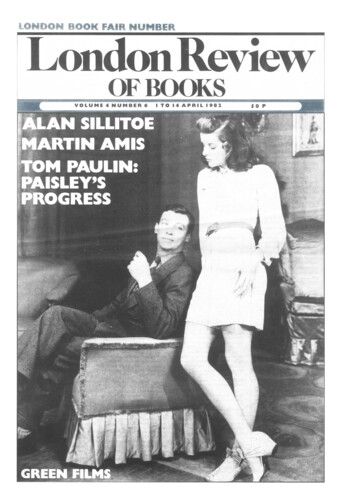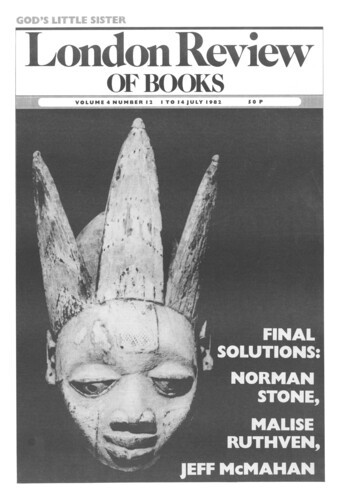Textbook writers set examinations. The rationale is clear, the interest transparent. In what in the United States is called ‘behavioural science’, such people have a standard first chapter and a standard first question. What is behavioural science the science of? In BS101, the standard first course, some more or less elaborate padding with examples of the answer ‘just that, behaviour’ will do. In BS201, however, candidates might be expected to have picked up the now conventional view in the post-empiricist philosophy of science (PS101) that to construct such a science, we not only abstract and generalise but also observe with categories that we ourselves bring to the behaviour that interests us. Behaviour, in the strict sense, is mute. By BS301, though, candidates might also have picked up the complicating view in the post-empiricist philosophy of the more deliberately human sciences that behaving humans often themselves describe what they do, and that such descriptions are not merely important additional information, but decisive. Human actions, in this view, are their descriptions. Indeed, by the end of BS301 candidates might find themselves steering, or simply veering, to the uncomfortable conclusion that there are two sorts of human science, one more or less behavioural, the other, as fashionable language now has it, hermeneutic: and yet that we set these two sorts of science up to deal with what on any moderately commonsensical view appears to be the same subject-matter. BS401 (and PS401) will only compound the problem. There, candidates might and arguably should be encouraged to abandon the view that an agent’s description of what he is doing has any cognitive privilege after all. ‘The difference between his description and ours,’ in Richard Rorty’s words, ‘may mean that he should not be tried under our laws. It does not mean that he cannot be explained by our science.’ Realism, the doctrine that things are as they are independent of any description of them, can only be false for things which just are their descriptions. For these, there is no conceivable fact of the matter. (For Rorty, any realism, if not false, is idle, since because of the interference of language we can never know that we know even the properties of things which have properties. This breezy bleakness does have the striking if solitary virtue of dissolving all claimed differences between the two sorts of science.) Nevertheless, the agent does still have his descriptions. The suspicion remains that unless we can actually talk to him and persuade him to change his mind, our own descriptions, if different, are still in some sense misdescriptions. They are our descriptions of him, but they are not descriptions for him. Here the arguments finally break out and break down. BS501 (and PS501 too) await their textbook writers.
1 more book reviewed
Textbook writers set examinations. The rationale is clear, the interest transparent. In what in the United States is called ‘behavioural science’, such people have a standard first...





